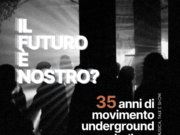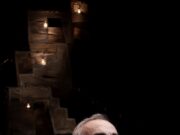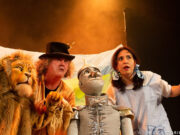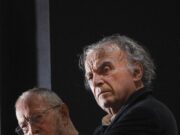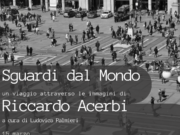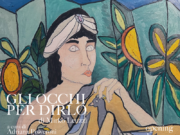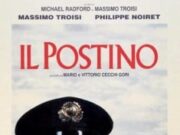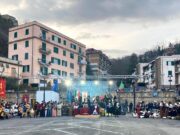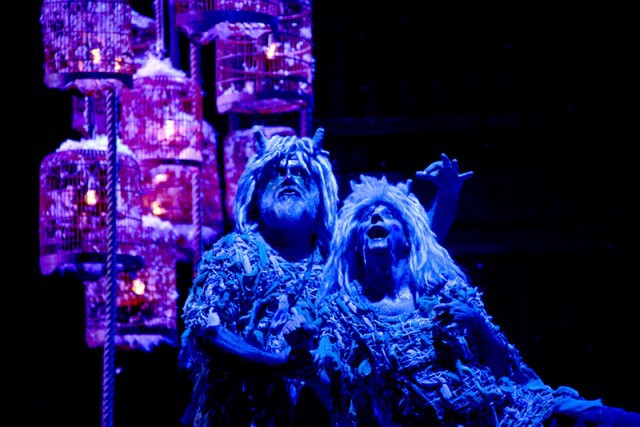Trad. Greta Isola
Shakespeare’s “Midsummer Night’s Dream” is back, and it is directed by the unforgettable Riccardo Cavallo. On July 16 it will be replaced by “King Lear”. The Silvano Toti’s Globe Theatre is hence starting the summer season. Gigi Proietti argued with the Institutions, which did not take care at all of the theatre, which contributed enormously in raising the quality of Rome’s culture.
“Beauty itself persuades”. Writes the Bardo in “La Lucrezia violata”. The whole play has been beautiful. Each single element was in its place, as in a perfectly working organism. The actors have not only been able to act a character, but to fully understand it.
In 1818 Jane Austen wrote in “Persuasion”: “Facts and opinions, since they have to go through many people, without never being interpreted by someone’s foolishness and someone else’s ignorance, cannot present much truth after all”. But in a play in which is said: “If we shadows have annoyed you do not take it personally, just think to have slept, and that this was only your imagination… we did not offer you anything more than a dream”. It becomes hard to find a balance between what is and what could be. There is the risk to become like the good Rocchetto, who became a donkey and thinks to be a great actor. There is basically the risk to fall into the trap set by the dream itself and to wake up, at the end of the show, more knocked out than amused. The director himself wrote”The midsummer night is a magical night and the title itself reveals immediately the oneiric atmosphere, surreal, even though, as it has been said, the night in which there is most of the action is the one of May Day, the celebration of nature’s awakening in spring and not in summer.
Almost a “Sagra” of the awakening of a massive Eros. A dream becoming real, born from a a subtle hope. The Cavallo’s show, thanks to the perfect collaboration of a theatre society which does not esasperate singularity, it manages to make an entire living organ work, in which beauty is not composed by a single part, but by the whole. It is indeed extremely hard to find a main character in the “Dream”. Everyone, from a stunning Ermia, Valentina Marziali, to an exceptionally tragicomic Elena, Federica Bern, Claudia Balboni, are all a part of this intricate puzzle, all coming together in a beautiful symphony intoned with joy on Bardo’s note in Cavallo’s version.
It is important to mention the comical group of actors who act a play in the play. The Giobe came down with them for laughter.
The scenes of Silvia Caring and Omar Toni guarantee the respect of that timeless dream. They stay out of time, in that space between Athenes and Rome, the desire of a far Arcadia, which is found between the ‘500 and ‘600, donating to the audience a stage on which it is possible to feel at home on a path going towards an unknown space




